Boogaloo Times: A Discourse on Funk and Soul – Pax Nicholas & Seattle Funk
Audio clip: Adobe Flash Player (version 9 or above) is required to play this audio clip. Download the latest version here. You also need to have JavaScript enabled in your browser.
- MP3: Ron Buford – Deep Soul Pt. 1
- MP3: Annakonda – Wheedle’s Groove
- MP3: Black on White Affair – Auld Lang Syne
Funk ain’t what it used to be.
In their early days, funk scenes compiled as fast as trash in city wastebaskets. Each town had a somewhat distinct and independent scene, the fruits of which were destined to remain either in the caring hands of obsessed collectors or in the unexplored depths of record store bargain bins. As of late, many local funk bands boast more success based on their novelty value in hotel bars than their artistic credibility–a damn shame seeing as both soul and funk offer musical insights untouched by more popular genres. Granted, it’s difficult to look at a 6-piece funk outfit, wacky vocalist and all, as an artistic statement. Plenty of patrons even fail to make sense of the message when it’s easy: “Get Funky.”
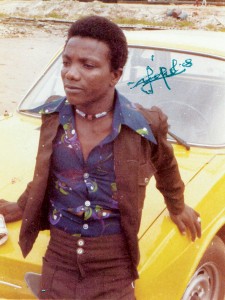 In parallel with funk’s downer of a fate, a number of record labels are making their names known by prodding private collectors and scouring the aforementioned bargain bins for anything of worth. The good news? There’s a lot to be found, and nobody has much of a problem with re-release. The bad? Funk has, for the most part, mutated into a re-release/compilation industry. As you might guess, shifts in that direction only amplify the effect of the problematic stigma already associated with its specter. But the fact remains, there was a lot of music being recorded 40 years ago, and we’ve listened to an embarrassingly small percentage of it today. In actuality, much of it deserves a re-release. As a result, I’ll be using this space to investigate funk and soul by means of two wildly dissimilar re-releases in the medium: Na Teef Know De Road of Teef by Pax Nicholas & the Nettey Family; and the compilation Wheedle’s Groove: Seattle’s Finest in Funk & Soul 1965-75.
In parallel with funk’s downer of a fate, a number of record labels are making their names known by prodding private collectors and scouring the aforementioned bargain bins for anything of worth. The good news? There’s a lot to be found, and nobody has much of a problem with re-release. The bad? Funk has, for the most part, mutated into a re-release/compilation industry. As you might guess, shifts in that direction only amplify the effect of the problematic stigma already associated with its specter. But the fact remains, there was a lot of music being recorded 40 years ago, and we’ve listened to an embarrassingly small percentage of it today. In actuality, much of it deserves a re-release. As a result, I’ll be using this space to investigate funk and soul by means of two wildly dissimilar re-releases in the medium: Na Teef Know De Road of Teef by Pax Nicholas & the Nettey Family; and the compilation Wheedle’s Groove: Seattle’s Finest in Funk & Soul 1965-75.
Some of these early funk LP’s are quite rare–about four-digit price tag rare. Na Teef Know De Road of Teef is one of those records. For a number of reasons, Pax Nicholas’ 1973 masterpiece was largely overlooked outside the Lagos (Nigeria) funk populace. It would have been completely forgotten if not for Frank Gossner, a selfless bin-scraper who found the dusty afro-beat LP at a record store based in Philadelphia. Recognizing the record’s potential, he brought together Nicholas and the kind people at Daptone Records (home to revivalists Sharon Jones and the Dap-Kings), which is how Na Teef came to be re-circulated in accordance with its quality.
Afro-beat was still a young style in 1973, and for Pax Nicholas & the Nettey Family to have made an album that characterizes the genre so well would have likely caused some real racket in the community. The percussion is spread out thick n’ heavy–distributed evenly like butter on toast. Each tone resonates with the earth; melodies float like wind over the rhythm section’s grounded beats, making the occasional connection simultaneously natural and cathartic. The music itself requires some initiative to really get into, but afro-beat was never made for casual listening. And like any art, the amount of attention that you invest is directly relational to the magnitude of the satisfaction gained from it.
The packaging, oddly enough, is what divides Na Teef from its American counterparts. The fullness of twelve vinyl inches lends itself nicely to the communication of a complete thought, which is something a 45’ cannot rightfully handle. Na Teef’s particulars may very well be beyond my consideration, but even so, there exists a perceptible depth involved with the listener’s experience, a sort of fulfillment about the album’s path to conclusion. In contrast, western beats thrive in single format (excepting a few precious examples) because, to be honest, funk music seldom wants to express anything bigger. As popular as funk and soul may have been 40 years ago, the active musicians mostly just weren’t trying to change the world like their Woodstocking contemporaries. Although that’s neither here nor there in terms of pure artistic merit, the thought alone makes me wonder where it brought the genre to today.
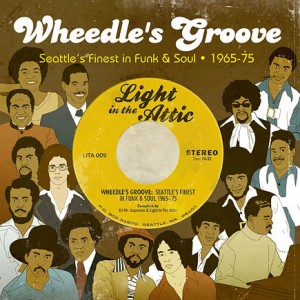 And that’s what makes way for Seattle’s Finest in Funk & Soul 1965-75, the 2004 release combing the depths of the Light In The Attic Records vault. Because of the weighty emphasis placed on singles and 45’s in funk’s early days, connoisseurs are finding it difficult to track their grooves down. Simply put, throwing together a half decent personal funk collection proves to be quite the costly affair these days—and the market that the genre originally existed in is almost entirely at fault. As a solution, plenty of record labels are appropriately accumulating these aged releases and re-pressing them for the general public.
And that’s what makes way for Seattle’s Finest in Funk & Soul 1965-75, the 2004 release combing the depths of the Light In The Attic Records vault. Because of the weighty emphasis placed on singles and 45’s in funk’s early days, connoisseurs are finding it difficult to track their grooves down. Simply put, throwing together a half decent personal funk collection proves to be quite the costly affair these days—and the market that the genre originally existed in is almost entirely at fault. As a solution, plenty of record labels are appropriately accumulating these aged releases and re-pressing them for the general public.
LITA did a hell of a job here too. Their website awards full responsibility to a collaborative effort entitled Wheedle’s Groove, a producer-writer-musician amalgamation of sorts who ripped all the tracks on Seattle’s Finest exclusively from those forgotten 45’s I mentioned. And I, for one, am astounded at how subtly vibrant the Seattle funk scene once was. Compilation highlights include The Overton Berry Trio’s jazz-class rendition of “Hey Jude,” the killer percussion found in “Cissy Strut” (yes, the Meters’ tune) played by Johnny Lewis Trio, and the ass-kicking tribute to “Auld Lang Syne” by The Black On White Affair which closes out the disc.
You might notice that none of those choice cuts are originals, and that brings me to yet another concept funk has elegantly retained through its lifetime: the cover. Modern rock/pop artists performing songs by their contemporaries (or even influences for that matter) are scarcely listened to seriously; this is hardly the state of affairs in funk and soul. Covers are much more important than as mere B-side material in Seattle’s Finest. They’re tributes, often a signature act by many of these groups. For instance, I cannot imagine The Black On White Affair in a more enthralling place than “Auld Lang Syne.” So what makes me first point to the reinterpreted songs hidden away on Seattle’s Finest in Funk & Soul 1965-75? It’s the fact that the songs are genuinely outstanding, and not just a petty replication of an old classic.
Funk isn’t dead, not even close. There are still dozens of meritable acts (examples: Sharon Jones & the Dap-Kings, The Bamboos, Antibalas Afrobeat Orchestra) that have shown time and time again that their genre has still got some life left in it–and a market to sell in, for what its worth. Sly Stone is still doing shows! This piece may have predominantly discussed tunes that were recorded forty long years ago, and I’m hoping to modernize with Boogaloo Times’ next installment for just that reason. There exists a substantial amount of funk in the world, all of which relies on notions independent from most of the music we cover here at Aural States. I want to bring that old attitude back.
“Get Funky.”
Related posts
- Boogaloo Times: A Discourse on Funk and Soul – Lee Fields, and The Sound Stylistics[Audio clip: view full post to listen] MP3: Lee Fields...
- Boogaloo Times Preview: Numero Group’s Eccentric Soul Revue @ 9:30 Club (2009.11.10)[Audio clip: view full post to listen] 01. MP3: Syl...



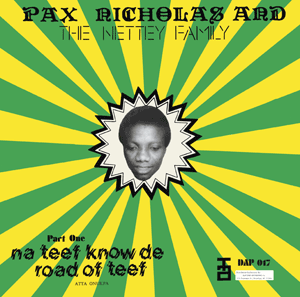


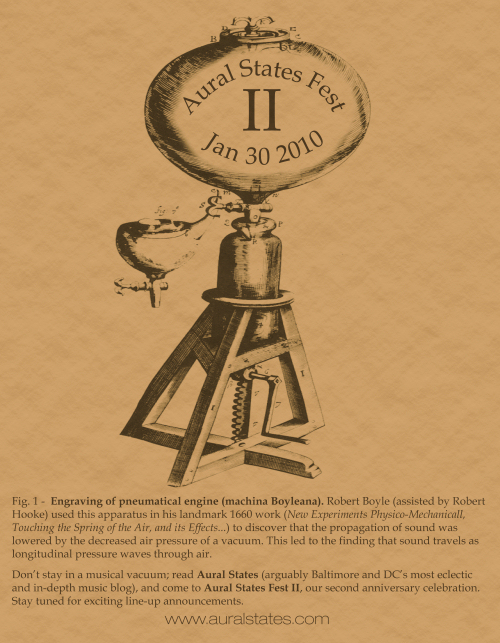
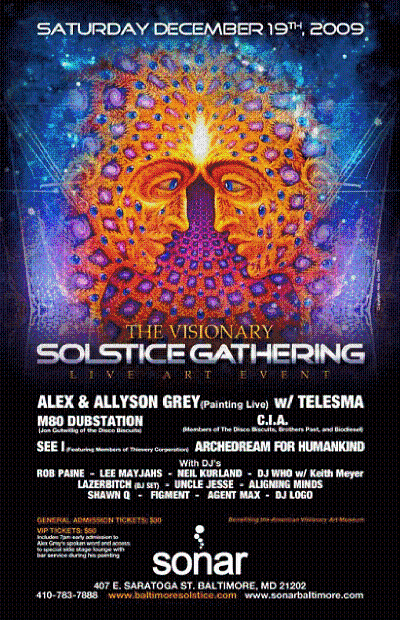










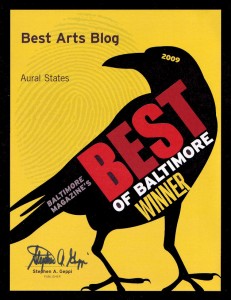


 Double Dagger: Masks EP
Double Dagger: Masks EP Pfisters: Narcicity
Pfisters: Narcicity Lizz King: All Songs Go To Heaven
Lizz King: All Songs Go To Heaven Imperial China: Phosphenes
Imperial China: Phosphenes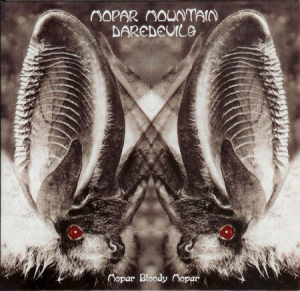 Mopar Mountain Daredevils: Mopar Bloody Mopar
Mopar Mountain Daredevils: Mopar Bloody Mopar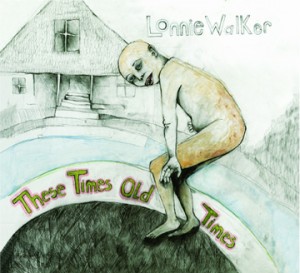 Lonnie Walker: These Times, Old Times
Lonnie Walker: These Times, Old Times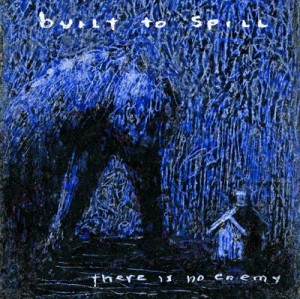 Built to Spill: There Is No Enemy
Built to Spill: There Is No Enemy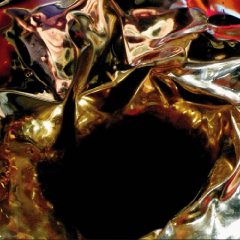 Hypnotic Brass Ensemble: Hypnotic Brass Ensemble
Hypnotic Brass Ensemble: Hypnotic Brass Ensemble Secret Mountains: Kaddish EP
Secret Mountains: Kaddish EP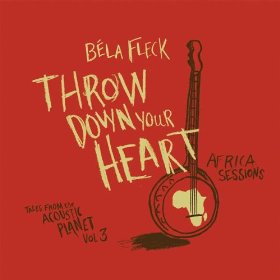 Bela Fleck: Throw Down Your Heart: Tales From the Acoustic Planet, Vol. 3 -Africa Sessions
Bela Fleck: Throw Down Your Heart: Tales From the Acoustic Planet, Vol. 3 -Africa Sessions Lands & Peoples: Lands & Peoples EP
Lands & Peoples: Lands & Peoples EP Caleb Stine: Eyes So Strong and Clean
Caleb Stine: Eyes So Strong and Clean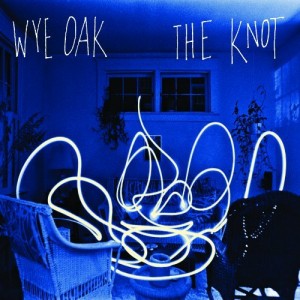 Wye Oak: The Knot
Wye Oak: The Knot Pontiak: Maker
Pontiak: Maker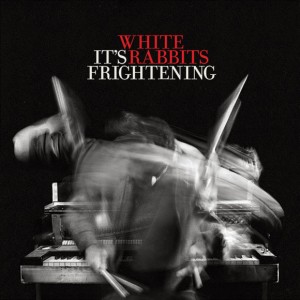 White Rabbits: It's Frightening
White Rabbits: It's Frightening Dirty Projectors: Bitte Orca
Dirty Projectors: Bitte Orca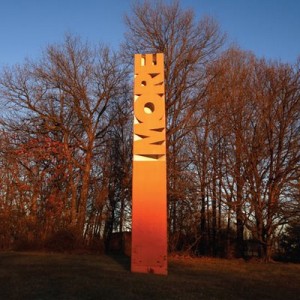 Double Dagger: More
Double Dagger: More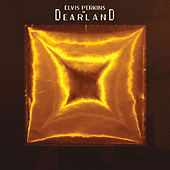 Elvis Perkins in Dearland: Elvis Perkins in Dearland
Elvis Perkins in Dearland: Elvis Perkins in Dearland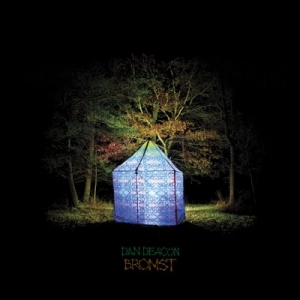 Dan Deacon: Bromst
Dan Deacon: Bromst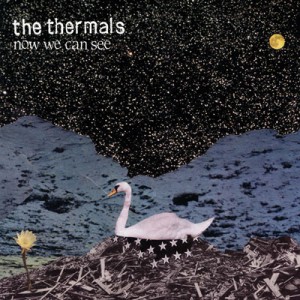 The Thermals: Now We Can See
The Thermals: Now We Can See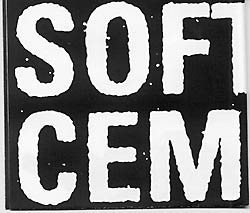 Soft Cement: Think About It EP
Soft Cement: Think About It EP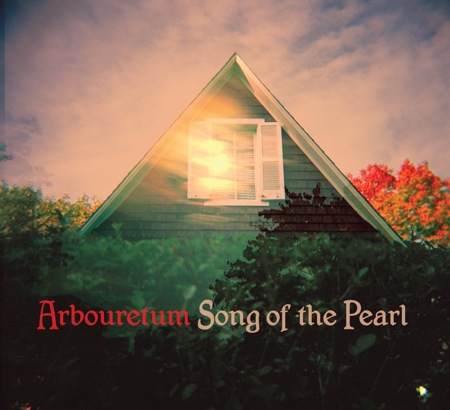 Arbouretum: Song of the Pearl
Arbouretum: Song of the Pearl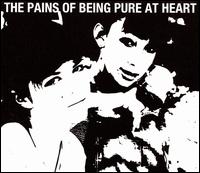 The Pains of Being Pure at Heart: The Pains of Being Pure at Heart
The Pains of Being Pure at Heart: The Pains of Being Pure at Heart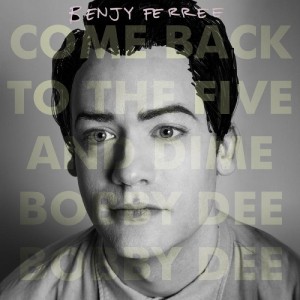 Benjy Ferree: Come Back to the Five and Dime, Bobby Dee Bobby Dee
Benjy Ferree: Come Back to the Five and Dime, Bobby Dee Bobby Dee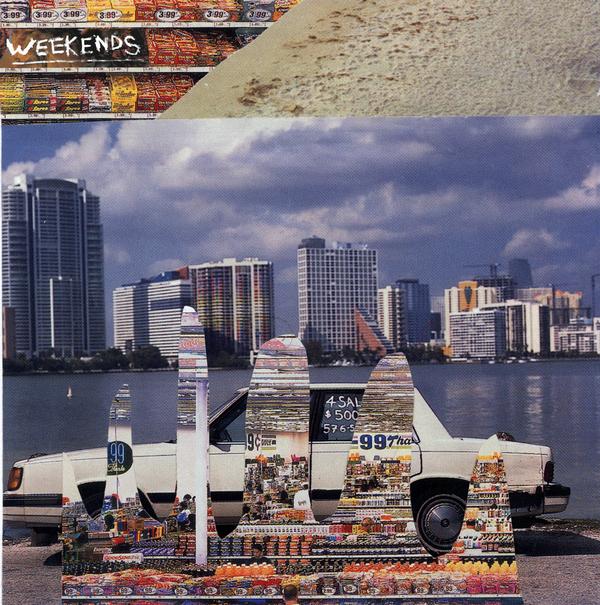 Weekends: Weekends
Weekends: Weekends Height With Friends: Baltimore Highlands 12" LP, Limited-Run Vinyl Only
Height With Friends: Baltimore Highlands 12" LP, Limited-Run Vinyl Only Caverns: Kittens! EP
Caverns: Kittens! EP Little Joy: Little Joy
Little Joy: Little Joy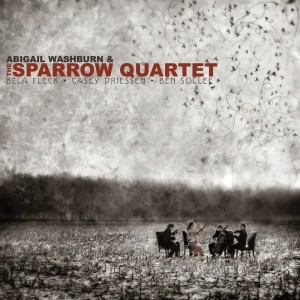 Abigail Washburn & the Sparrow Quartet:Abigail Washburn & the Sparrow Quartet
Abigail Washburn & the Sparrow Quartet:Abigail Washburn & the Sparrow Quartet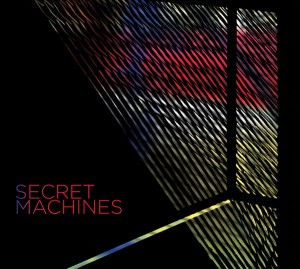 The Secret Machines: Secret Machines
The Secret Machines: Secret Machines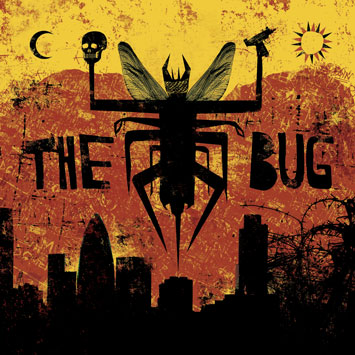 The Bug: LondonZoo
The Bug: LondonZoo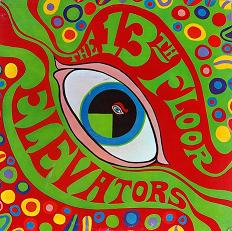 13th Floor Elevators: Psychedelic Sounds of the 13th Floor Elevators (Vinyl Mono LP only)
13th Floor Elevators: Psychedelic Sounds of the 13th Floor Elevators (Vinyl Mono LP only)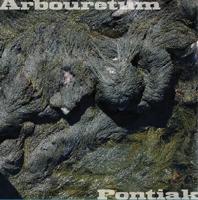 Arbouretum/Pontiak: Kale (Vinyl LP only)
Arbouretum/Pontiak: Kale (Vinyl LP only) Small Sur: We Live in Houses Made of Wood
Small Sur: We Live in Houses Made of Wood AbeVigoda: Skeleton
AbeVigoda: Skeleton ImperialChina: Methods: EP
ImperialChina: Methods: EP
I’m looking forward to your future funky posts. Artists of the genre offer so much more depth with their ‘feel-good’ feeling than those of other, pop genres. However, I do find myself overlooking these artists at record stores, thinking that there are so many, where do I start? So I appreciate your input!
Daptone Records is king when it comes to modern funk/soul. Most anything they release is at least pretty good.
wait until next post, modern funk music ahead!
That bit about funk not being dead is interesting. It’s true, but in the sense that dinosaurs didn’t go extinct–they evolved into birds.
Funk has had a had a second career, in syndication, serving as the foundation for countless other genres. However, those genres don’t really come from the whole funk vibe, but rather (and, quite literally) mere second long clips from funk tracks.
Funk is a treasure trove of breaks, those second-long sampled clips when all the instruments drop out, and drummer goes insane.
Hip hop would not exist. Same for jungle, drum and bass, IDM, breakcore, even Baltimore Club if not for certain breaks, and increased digital sampler capability in the Eighties.
Just as certain instruments are legends, so are certain breaks: the Amen, Apache, Sing-Sing, and Think.
Here’s a interesting bit on prolly the most important break ever, a 5.20 second clip from The Winston’s track “Amen, Brother:”
http://www.youtube.com/watch?v=5SaFTm2bcac